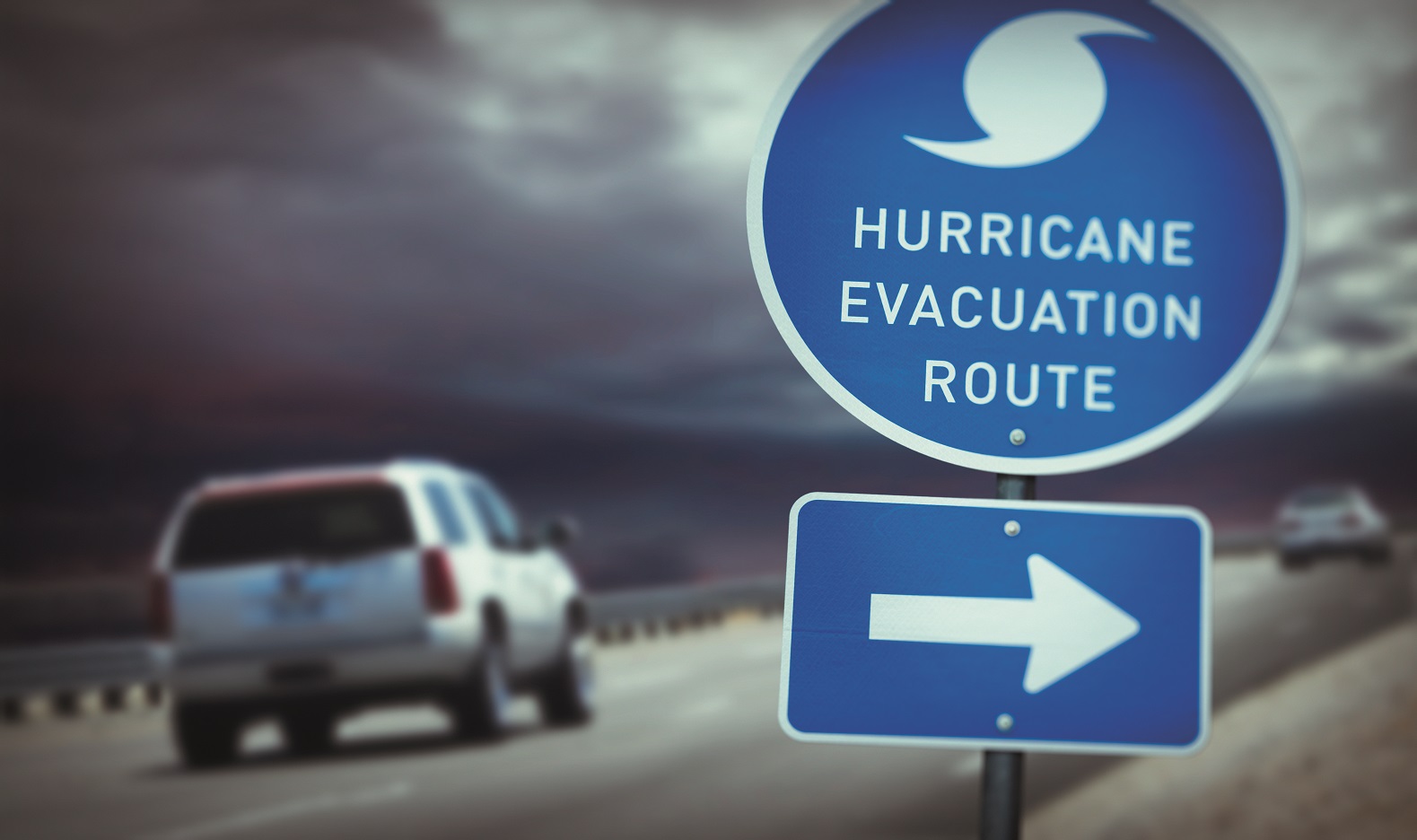The UK Health Security Agency has this week published new guidance principles on how to effectively limit transmission of monkeypox. This includes advice and protocols for those testing positive for monkeypox, their close contacts and anyone involved in their treatment or care, including healthcare workers.
UKHSA health protection teams are also contacting people considered to be high-risk contacts of confirmed cases and are advising those who have been risk assessed and remain well to isolate at home for up to 21 days.
The UK has also purchased over 20,000 doses of a smallpox vaccine called Imvanex (supplied by Bavarian Nordic), which is being offered to identified close contacts of those diagnosed with monkeypox to reduce the risk of symptomatic infection and severe illness.
Dr Ruth Milton, senior medical advisor at UKHSA, said: “We are continuing to work closely with our colleagues in Scotland, Wales and Northern Ireland to ensure we are aligned in our approach to reducing the risk of transmission of monkeypox in the UK.
“We are reminding people to look out for new spots, ulcers or blisters on any part of their body. If anyone suspects they might have these, particularly if they have recently had a new sexual partner, they should limit their contact with others and contact NHS 111 or their local sexual health service as soon as possible, though please phone ahead before attending in person. This will help us to limit the virus being passed on."
The risk to the general public from monkeypox is still considered low. Unlike the Covid-19 virus, the monkeypox virus is made of double-stranded DNA, which means that it is larger and heavier and unable to travel in the air as far as the tiny, single-stranded Covid RNA virus.
Monkeypox, though a serious disease, is not usually life-threatening. Experts say there so far seems little need for UK-wide testing in the same way as with Covid.
The World Health Organisation says there is no evidence that the virus circulating now, which belongs to the West African clade, has mutated, based on genome sequencing of several cases; and that the current outbreak in non-endemic nations should be brought under control through contact tracing and isolation.
Printed Copy:
Would you also like to receive CIR Magazine in print?
Data Use:
We will also send you our free daily email newsletters and other relevant communications, which you can opt out of at any time. Thank you.











YOU MIGHT ALSO LIKE